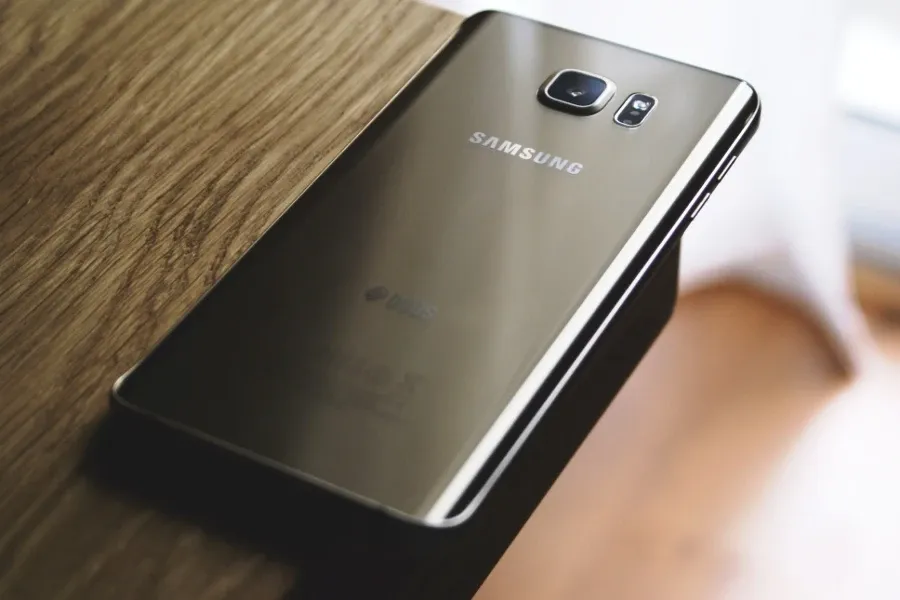ASML Plans to Keep Operations in the Netherlands
Dutch chipmaker ASML wants to expand its business in the city of Eindhoven.

Samsung opened the world’s largest mobile phone factory in India, in a win for Prime Minister Narendra Modi’s flagship program to lure investors, according to Bloomberg.
The factory was inaugurated by Modi and South Korean President Moon Jae-in during their visit to the facility in located at the outskirts of Delhi. This will double Samsung’s Noida unit capacity for mobile phones to 120 million units a year from 68 million units a year, it said in a statement. The phase-wise expansion will be completed by 2020.
Smartphone makers from Xiaomi to Oppo are building factories in the world’s fastest growing market for the product bolstering Modi’s push to encourage overseas investors to “Make in India.“ Asia’s third-largest economy attracted record foreign direct investment in the past year totaling $62 billion, including reinvestment.
India’s smartphone market grew 14 percent with total shipments of 124 million units in 2017, the fastest pace of growth among the top 20 markets, according to IDC. Demand for new phones is surging in India, helped in part by billionaire Mukesh Ambani offering $23 4G feature-phones, free voice services and cheap data plans. Xiaomi said in April it will set up three more factories in India.
The Samsung factory will make everything from low-end smartphones that cost under $100 to its flagship S9 model, according to the company. Earlier this year, China’s Xiaomi displaced Samsung from the No. 1 smartphone spot in the country, breaking its long-held dominance.
Indians favor low-end smartphones priced at $250 or less, given the low average annual income of its people. That’s one reason why Apple has struggled to gain market share in India, with most iPhone models priced beyond $500. Last year, India overtook the U.S. to become the world’s second-largest smartphone market after China. There will be 780 million connected smartphones in 2021, compared with 359 million in 2016, according to a study by Cisco.